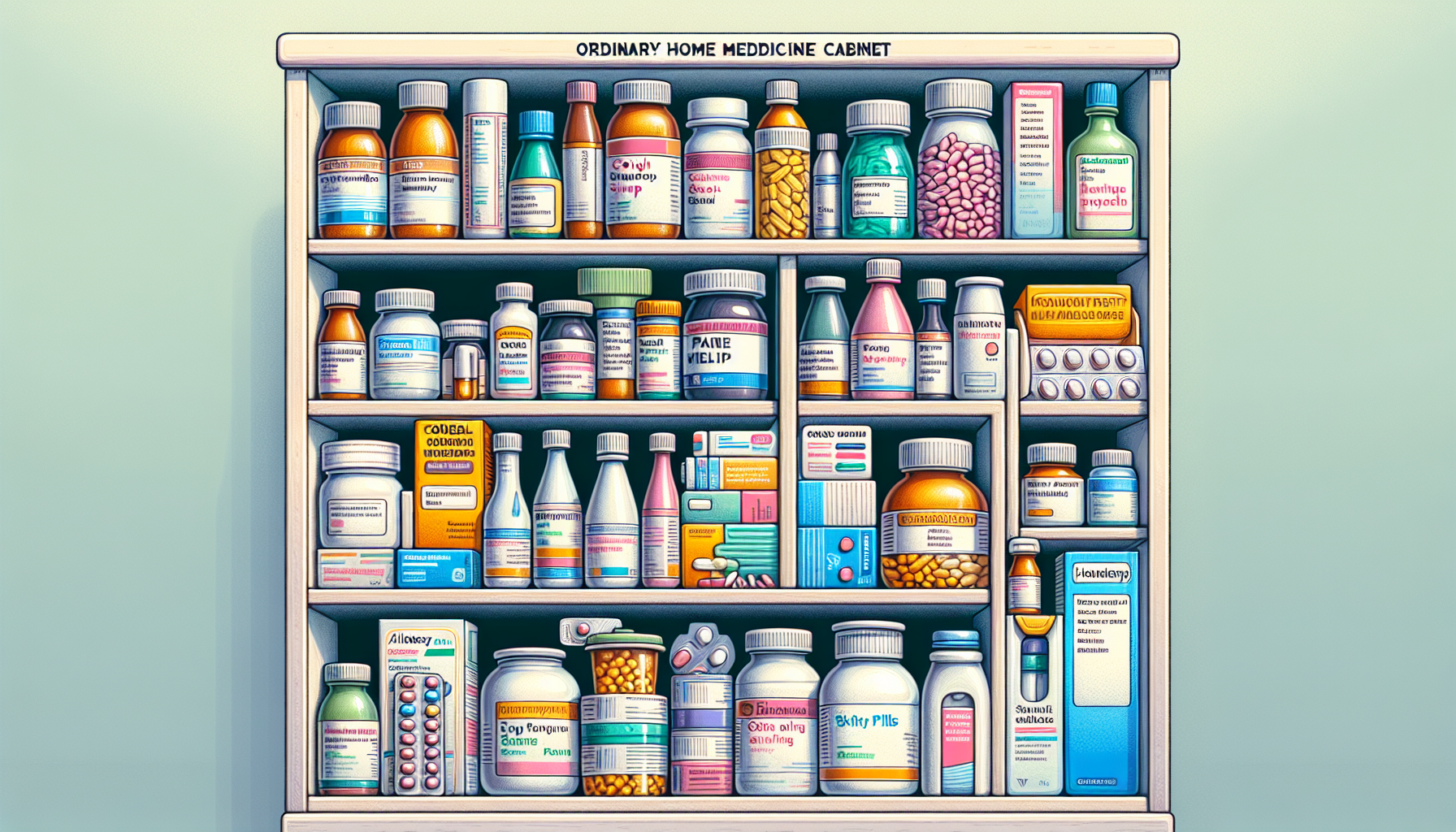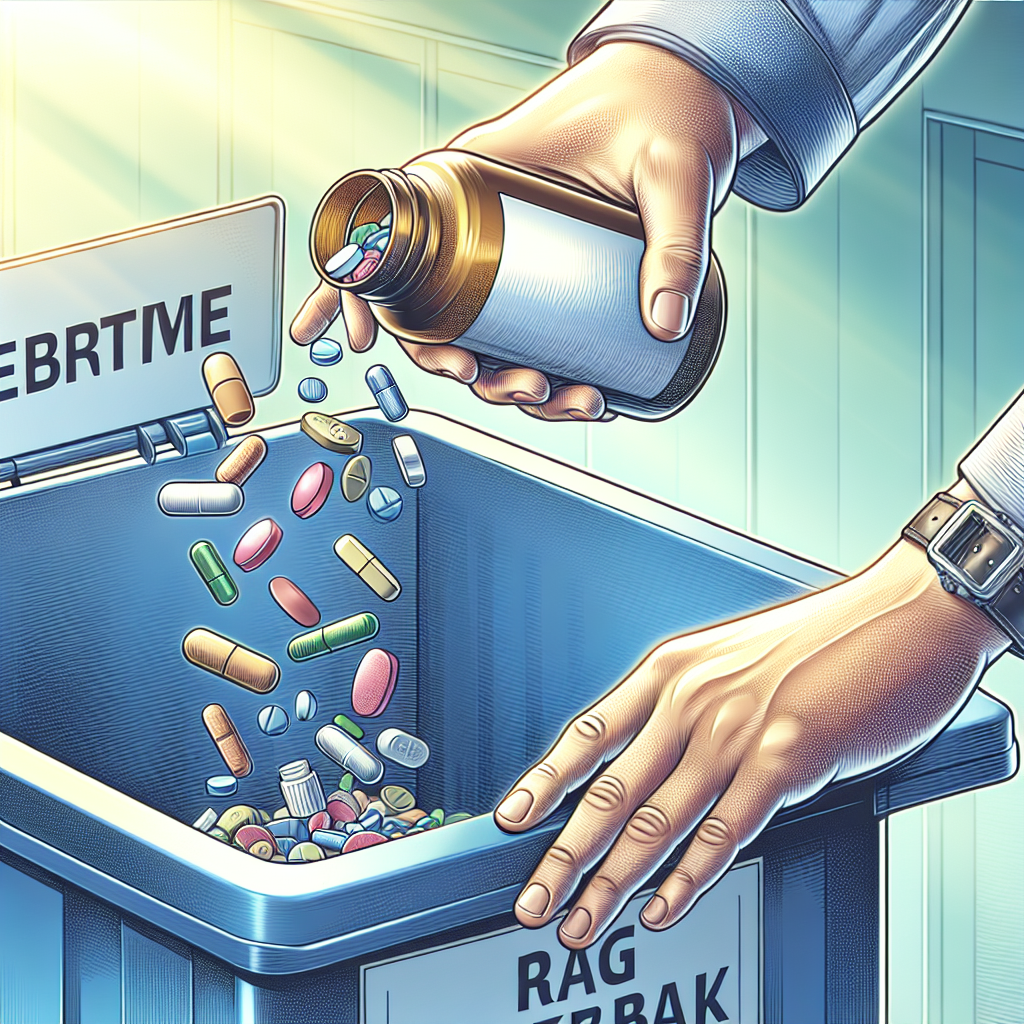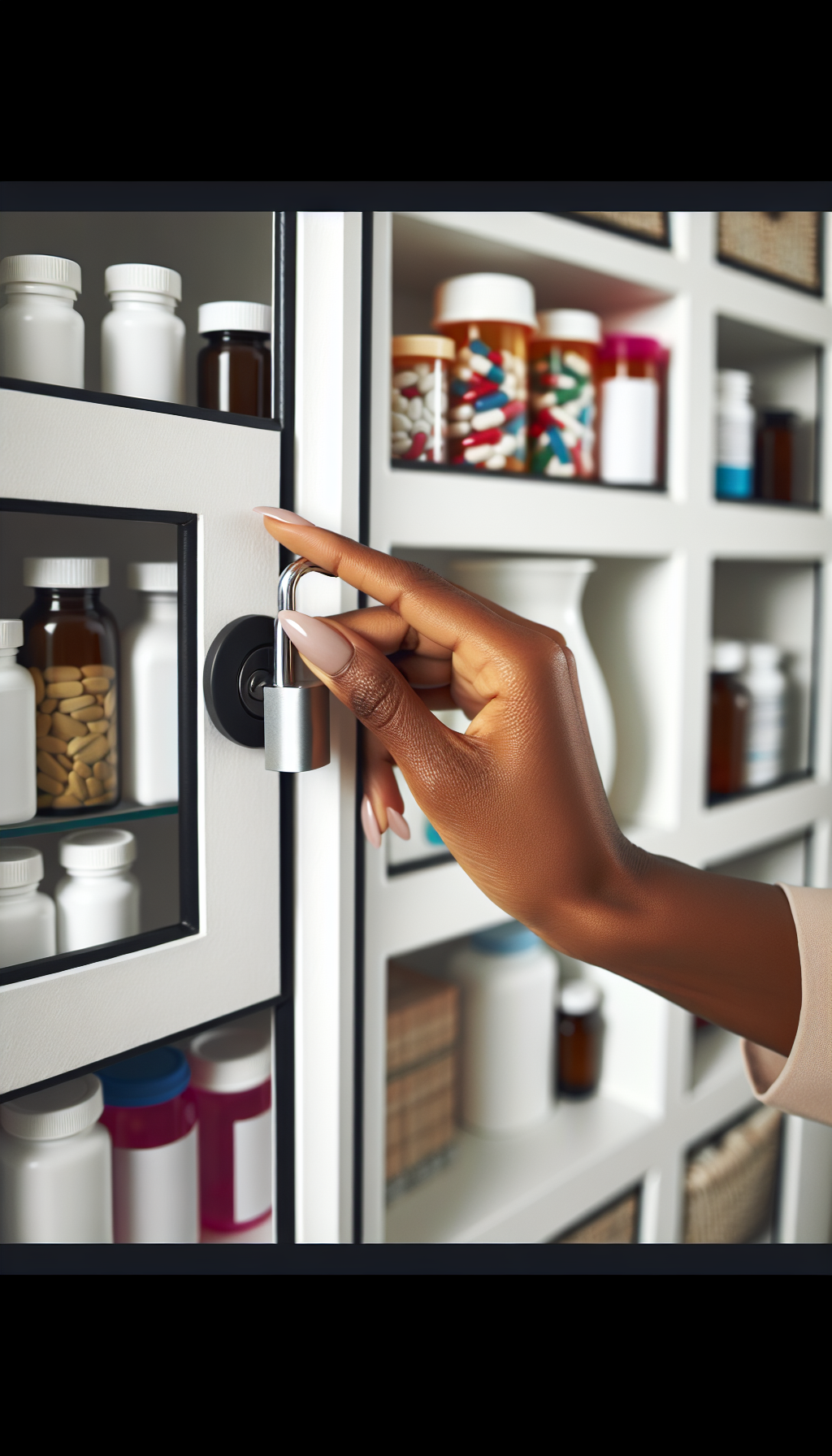Medications, whether they be prescription drugs, over-the-counter remedies, or dietary supplements, are a cornerstone of health care. Proper usage is vital, but equally important is the way we store and dispose of these substances. Improper handling can lead to accidental poisoning, misuse, and even contribute to environmental damage. This comprehensive guide will equip you with the knowledge to manage your medications responsibly, ensuring safety for yourself, your family, and the community at large.
Understanding Medication Storage
The first step in medication safety is proper storage. Prescriptions and supplements should be kept in their original containers, which are designed to protect them from light, moisture, and air, all of which can degrade their potency. Make sure that all containers are clearly labeled and that you understand the dosing instructions. If you have children or pets, it’s crucial that medications are stored out of reach and sight, preferably in a locked cabinet.
The Importance of a Controlled Environment
A consistent, controlled environment is key to maintaining medication efficacy. Most medications should be stored at room temperature, away from extreme heat, cold, and humidity. For instance, the bathroom cabinet, often thought of as the go-to storage place, is actually one of the worst due to the high humidity levels. A better option might be a dedicated drawer in your bedroom or kitchen, away from the stove, sink, and any heating appliances.
For those concerned with maintaining optimal bone health, it’s important to note that certain supplements, like calcium and vitamin D, can be particularly sensitive to storage conditions. Always check the storage instructions on the label to ensure you’re not compromising their effectiveness.
Disposing of Unused Medications
Eventually, you may find yourself with medications that are expired or no longer needed. Disposing of them safely is critical to prevent harm to others and the environment. Flushing medications down the toilet or throwing them in the trash can lead to contamination of water supplies and harm wildlife.
Drug Take-Back Programs
The safest way to dispose of most medications is through a drug take-back program. These programs, often run by pharmacies, government agencies, or community groups, allow you to bring in unused medications for safe disposal. This FDA resource offers information on finding a take-back location near you.
Disposal in Household Trash
If no take-back program is available, some medications can be disposed of in the household trash, but precautions should be taken. Mix the medication with an unpalatable substance, such as used coffee grounds or kitty litter, and place the mixture in a sealed plastic bag. Throw the sealed bag away with your regular trash. Before discarding any empty prescription bottles, make sure to scratch out all personal information to protect your privacy.
Special Considerations for Certain Medications
Not all medications can be disposed of in the same way. For example, opioids and other controlled substances require special handling due to their potential for abuse. The DEA guidelines provide specific instructions for these types of medications.
Environmental Impact of Medication Disposal
The environmental impact of improper medication disposal is significant. Medications that make their way into the water system can affect aquatic life and potentially enter the human food chain. Research on pharmaceuticals in the environment highlights the importance of responsible disposal practices.
Safe Usage and Interaction Awareness
While storage and disposal are critical, safe usage is also a key aspect of medication management. This includes being aware of potential interactions between medications, as well as between medications and supplements. Resources like the article on Interactions Between Medications and Supplements provide valuable information on how to avoid adverse effects.
Furthermore, understanding the role of medications, as detailed in "The Impact of Medication Adherence on Health Outcomes," can help underscore the importance of following prescribed treatment plans. Adherence ensures that you get the full benefit of your medications, which is especially important for chronic conditions such as cardiovascular or brain health.
Resources for Medication Management
Several tools and resources can aid in the safe management of your medications:
- Medication Trackers: Utilize apps or logs to keep track of dosages and schedules. This is particularly helpful for those managing multiple medications or caring for a family member.
- Pharmacist Consultations: Regularly consult with your pharmacist to review medications and supplements. They can offer advice on storage, disposal, and potential interactions.
- Educational Resources: Stay informed through reputable sources. Articles such as "The Science Behind Supplement Absorption" can provide insights into how your body utilizes various supplements.
Conclusion
Safely storing and disposing of medication is an ongoing responsibility that has significant implications for personal and public health. By adhering to the guidelines detailed here, you can help prevent accidental poisonings, reduce the risk of drug misuse, and mitigate the environmental impact of pharmaceuticals. Remember, when in doubt, consult with a healthcare professional to ensure that you’re managing your medications in the safest way possible.
Taking these steps can protect not just your health, but also contribute to the safety and well-being of your community. Let’s all commit to responsible medication management.



